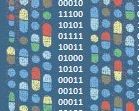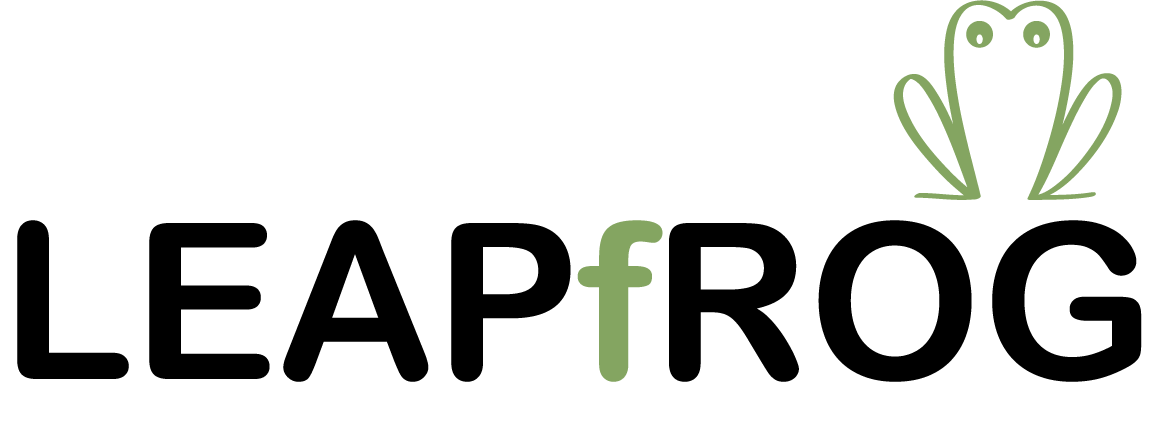Leveraging real-world data to optimise pharmacotherapy outcomes in multimorbid patients by using machine learning and knowledge representation methods.
LEAPfROG aims for a scientific breakthrough in Artificial Intelligence (AI) application in healthcare by combining machine learning and knowledge representation methods to deliver novel AI-powered tools, methods, models, and a prototype for AI-based decision support system. All to support effective and safe pharmacotherapy in people with multimorbidity. The value of LEAPfROGs approach will be demonstrated via a clinically relevant and urgent case study of drug-induced kidney diseases in patients with chronic kidney disease.
The LEAPfROG project consists of five work packages.
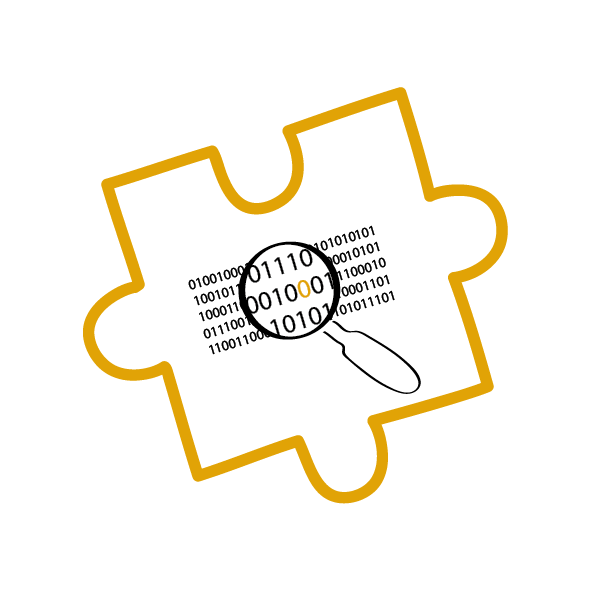
Work package 1 “Real-world data quality optimization”
The main goal of this work package is to address problems related to often suboptimal Electronic Health Record data quality. To overcome these problems, an infrastructure is needed in which EHR data quality can be assessed, and data is provided following the Findable, Accessible, Interoperable, Reusable (FAIR) principles. Establishing and populating such infrastructure from raw EHR data is currently a resource intensive manual process. Therefore, this work package aims to contribute to minimizing the effort of establishing high-quality, enriched, and FAIR data that is needed to study pharmacotherapy outcomes in multimorbid patients.
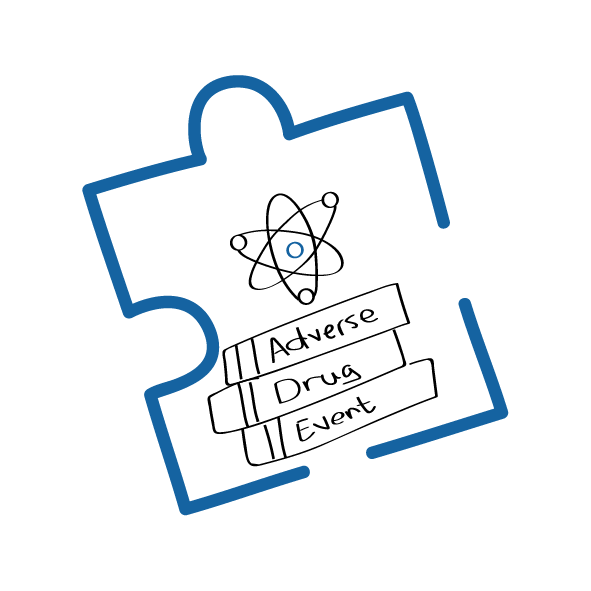
Work package 2 “Knowledge Representation”
The main goal of this work package is to address the problems related to lack of computer-interpretable domain knowledge needed to improve logical reasoning of machine learning, as well as lack of decision-support for drug-side effects needed to quickly identify and compare drug-side effects profiles. Therefore, this work package aims to deliver a computer-interpretable domain knowledge in the context of drug-indiced kidney disease that is suitable to support humans and machines. This computer-interpretable knowledge will be in both symbolic, sub-symbolic and hybrid forms. Combinations of symbolic and sub-symbolic information are currently a technical challenge in modern AI.
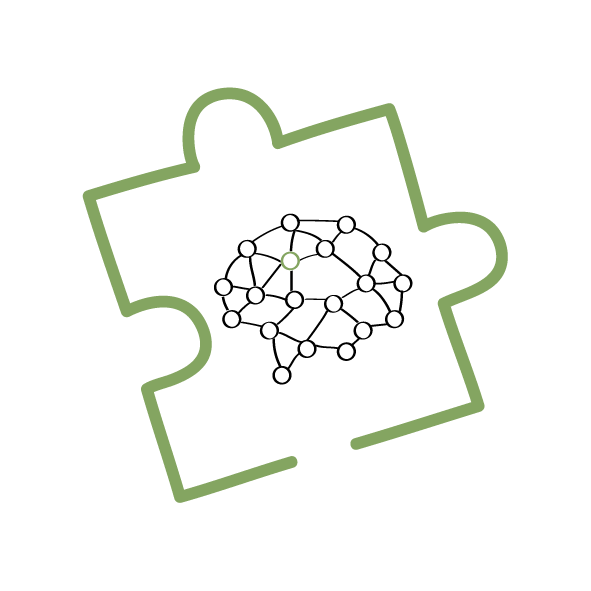
Work package 3 “Machine Learning and reasoning”
The goal of this work package is to address problems related to the black-box nature of machine learning models and lack of logical reasoning. This work package aims to deliver explainable machine learning models for risk prediction and causal inference in the context of drug-indiced kidney disease in people with chronic kidney disease. The models delivered need to provide actionable advises to support doctors and pharmacist in safe and effective drug prescribing.
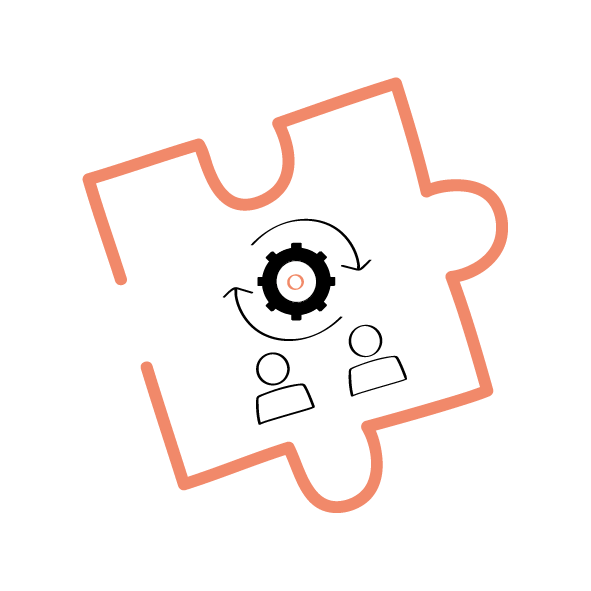
Work package 4 “Human-computer collaboration“
The practical goal of this work package is to allow the results from work package 1, 2 and 3 to be applied in clinical practice by integrating them in LEAPfROG AI-assistant “LEA”. The scientific goal is to gain insight into shared-decision making process surrounding drug-induced kidney disease and learn how “LEA” can improve human-computer collaboration by being of best assistance for patients and physicians. In this work package, information needs of the end-users as well as technical needs to integrate “LEA” in electronic health records will be investigated.
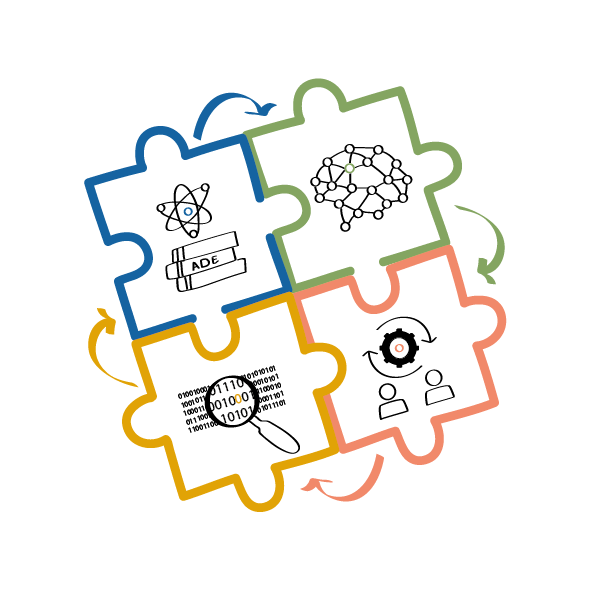
Work package 5 “Development PharmacoInformatics Platform”
The value of the LEAPfROG approach will be demonstrated using the case study of drug-induced kidney diseases in patients with chronic kidney disease. If this case study is successful, we can use the LEAPfROG approach for other patient groups. We believe in the approach. Therefore, we are building in work package 5 towards a sustainable PharmacoInformatics Platform (PIL).
About LEAPfROG

LEAPfROG is a scientific research project and is leveraging real-world data to optimise pharmacotherapy outcomes in multimorbid patients by using machine learning and big data. LEAPfROG is a private-public cooperation between Amsterdam UMC, Vrije Universiteit, Open Universiteit and eight private partners. LEAPfROG is financed by NWO for 70%. The private parties are co-funding the project for 30%.
Contact
More LEAPfROG
